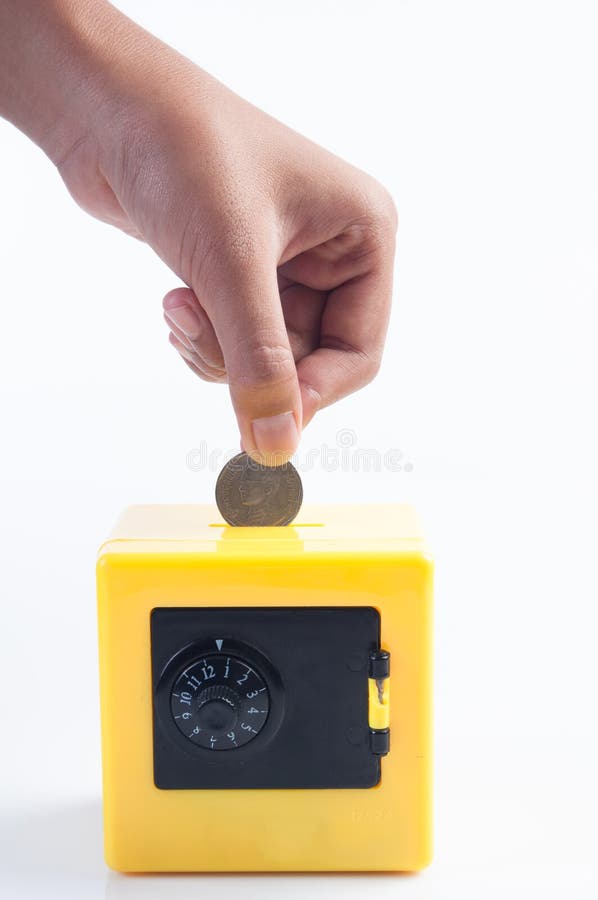Firstly, let's describe what financial institution deposit insurance is. Financial institution down payment insurance coverage is a program that secures depositors from losing their money if their bank goes bankrupt or neglects to settle deposits. Check For Updates 's typically given through federal government organizations or main banking companies and covers a particular amount of deposits per depositor per establishment.
In the United States, for instance, the Federal Deposit Insurance Corporation (FDIC) gives deposit insurance coverage for up to $250,000 per depositor every insured banking company. This implies that if your financial institution were to neglect and you had a lot less than $250,000 in down payments with them, you would be completely refunded for any losses.
The FDIC was set up in 1933 as part of the New Deal reforms adhering to the Great Depression. Its major goal was to repair peace of mind in the banking body through insuring down payments and protecting against additional runs on banking companies.
Since its beginning, the FDIC has been successful in meeting its required. No depositor has dropped money on FDIC-insured down payments since 1933. However, it's crucial to take note that there have been various bank failings over the years, with some leading in substantial losses for uninsured depositors.
Therefore how does bank deposit insurance job? Banking companies pay for fees to federal government firms or core banks for protection under these programs. The amount of superior paid for relies on different factors such as risk profile page and dimension of down payments kept through each institution.
In return for these premiums, federal government firms guarantee a certain quantity of deposits stored by each company up to a the greatest limitation every depositor. If an insured bank neglects, the government organization steps in to compensate depositors up to the the greatest restriction pointed out.
It's crucial to take note, however, that deposit insurance coverage simply covers down payments kept in insured banking companies. If you have amount of money committed in various other types of monetary guitars such as supplies or bonds, those financial investments are not dealt with through deposit insurance coverage and are subject to market risk.
Yet another element to consider is the the greatest limitation on deposits dealt with by down payment insurance policy. As mentioned previously, in the United States, this limitation is presently specified at $250,000 per depositor every insured bank. If you possess even more than this quantity transferred with a solitary establishment, you may wish to take into consideration dispersing your down payments around several financial institutions or position accounts along with various institutions.

It's also worth taking note that some banks may deliver additional insurance coverage insurance coverage via private insurance providers. While these policies may provide added defense for your down payments, they come at an extra price and might not be important if your deposits are already totally dealt with by g